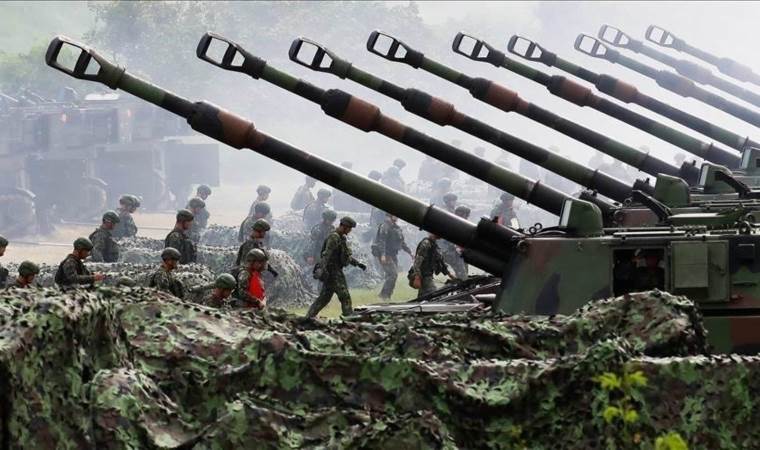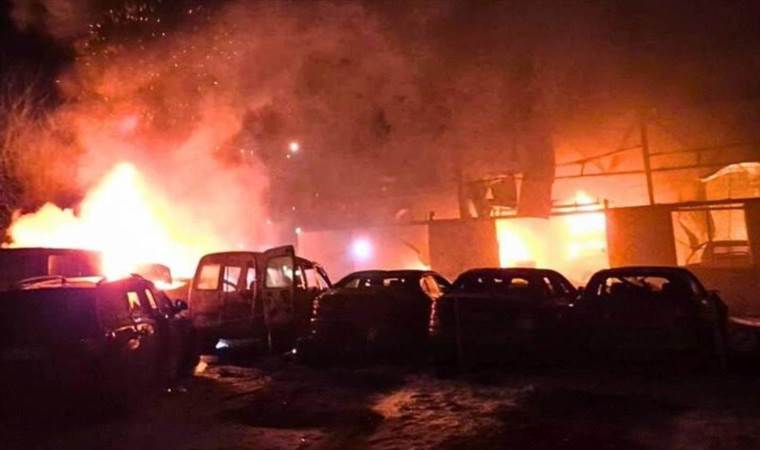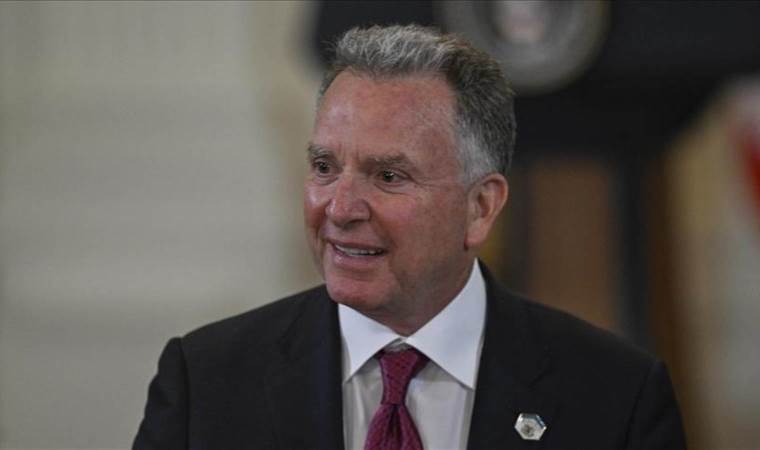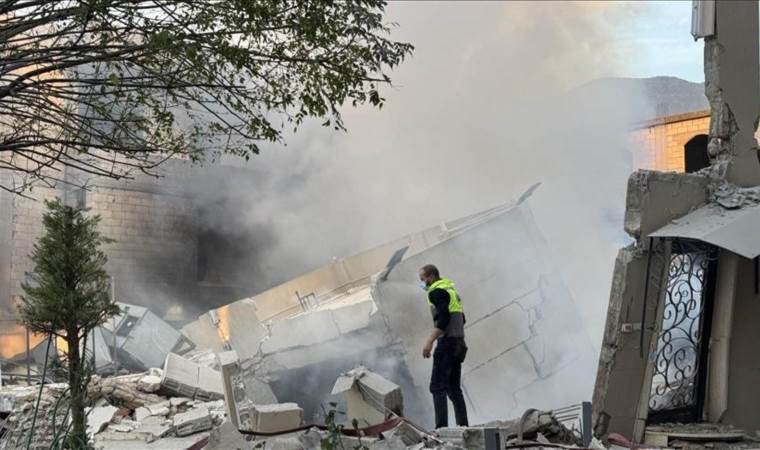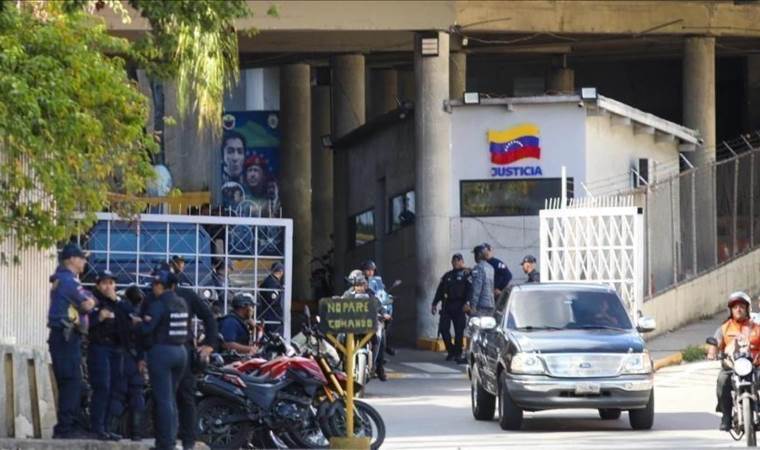Families allege missing organs in deceased inmates' bodies
The families of two deceased inmates have raised alarming allegations, their claims center around the bodies of their loved ones who returned from prison with organs missing. This disturbing revelation has led to a federal lawsuit against the Alabama Department of Corrections and UAB Medical Center, among others.
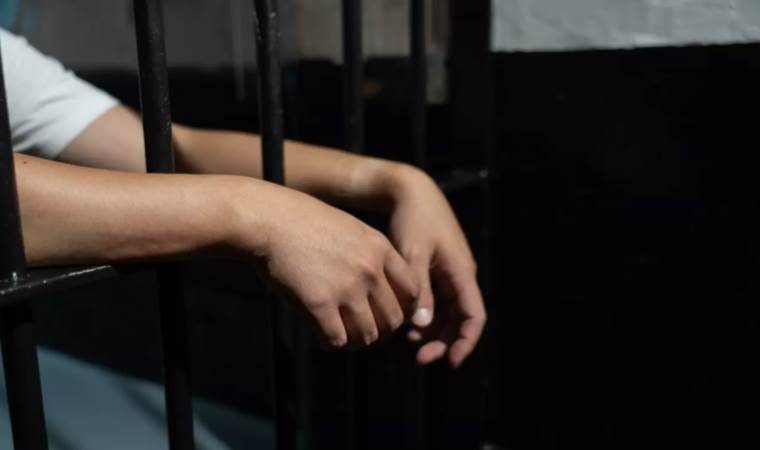
Brandon Clay Dotson, 43, passed away last November in an Alabama prison. Charles Edward Singleton, 74, met a similar fate in 2021 at the Hamilton Aged and Infirmed Centre in Hamilton. Both families were shocked to discover their loved ones' bodies not only decomposed but also missing vital organs.
For Dotson, the situation was particularly harrowing. His body was severely decomposed, and, shockingly, his heart was missing. This discovery came to light during a second autopsy, conducted at the family's request, and abruptly halted due to the missing organ.
Similarly, Singleton's family faced distress when they were informed of the challenges in preparing his body for viewing. Not only was Singleton's body noticeably decomposed, but crucial organs, including his brain, were missing.
The Dotson family's lawsuit has been supported by an affidavit from Singleton's daughter, Charlene Drake. They describe the missing heart as a result of "appalling misconduct" akin to "grave robbery and mutilation."
The lawsuit alleges that the Alabama Department of Corrections, or a responsible agent, inexplicably removed Dotson's heart without permission from his next of kin. The family demands the immediate return of Dotson's missing organs.
In response, the Alabama Department of Corrections stated that they do not comment on pending litigations and do not authorize autopsies. They explained that once an inmate dies, the body is transported for autopsy based on various factors, including the nature of the death.
The University of Alabama, implicated as a possible recipient of Dotson's heart, has categorically denied these claims. They confirmed conducting autopsies on prisoners but not on Dotson.
Alicia Rohan, from the University of Alabama at Birmingham, reiterated their policy of conducting autopsies only with consent or authorization, following standard procedures. She clarified that organs and tissues removed during autopsies are not typically returned to the body unless specifically requested.
As this baffling case unfolds, questions linger about the circumstances of these prisoners' deaths and the subsequent handling of their remains. This case not only raises concerns about prison and medical practices but also touches on the profound grief and confusion faced by families in their quest for answers.
Most Read News
-
 US, South Korea postpone announcement of date for major
US, South Korea postpone announcement of date for major
-
 Pakistan launches airstrikes on eastern, southeastern Af
Pakistan launches airstrikes on eastern, southeastern Af
-
 US special envoy says possible peace talks in 'next 3 we
US special envoy says possible peace talks in 'next 3 we
-
 British nuclear-powered attack submarine arrives in Aust
British nuclear-powered attack submarine arrives in Aust
-
 Israeli army launches airstrikes, artillery shelling on
Israeli army launches airstrikes, artillery shelling on
-
 More than 1,500 detainees seek release under Venezuela’s
More than 1,500 detainees seek release under Venezuela’s
-
 Trump says US hospital ship will be sent to Greenland
Trump says US hospital ship will be sent to Greenland
